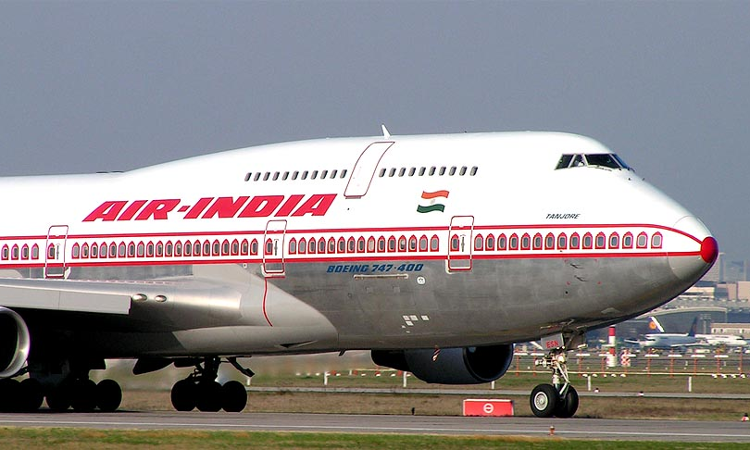Air India Employees Can't Demand Pre-Decisional Hearing In Economic Policy Matters Like Disinvestment: Madras High Court
Sebin James
12 March 2022 11:30 AM IST

Next Story
12 March 2022 11:30 AM IST
While dismissing the plea filed by the Air Corporation Employees Union for the protection of their service conditions in light of Air India's disinvestment, the Madras High Court ventured to discuss the moot points raised in the petition elaborately with reference to the obligations of the employer.Justice V. Parthiban went on to hold that the interests of the employees were...
